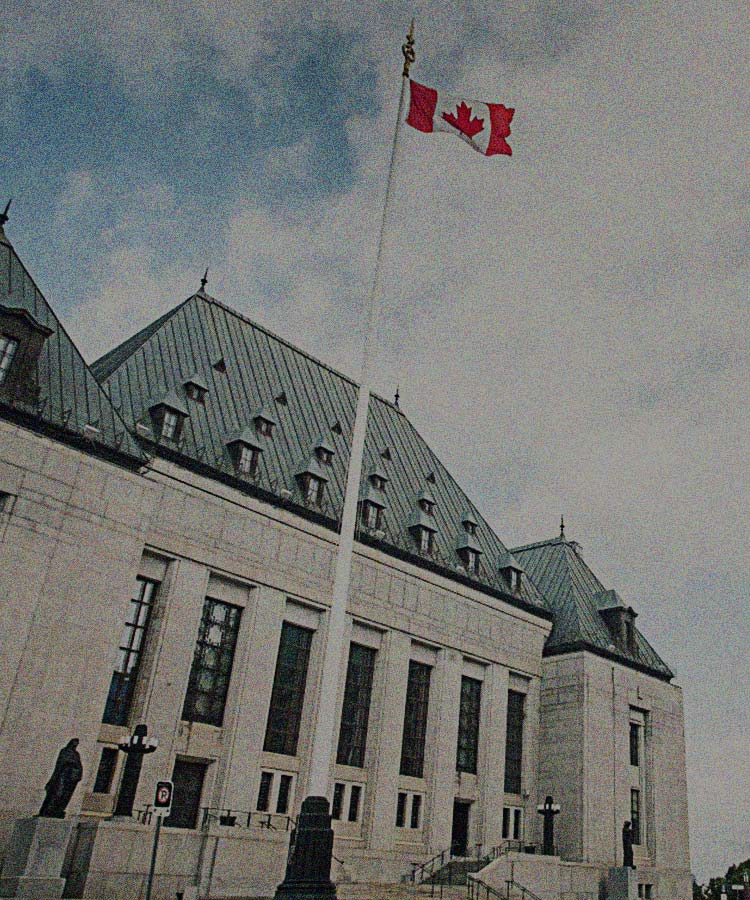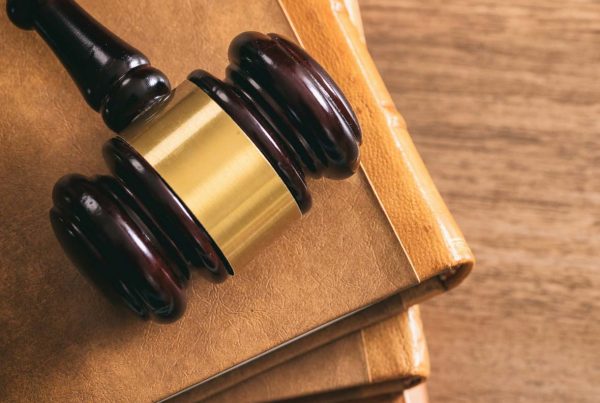The Supreme Court today has released its decision in Groia v. Law Society of Upper Canada, a case that considers when a law society can discipline a lawyer for alleged “incivility” in the courtroom. The Court overturned the Law Society’s discipline decision, finding it unreasonable based on the particular circumstances and context of the case. All in all, this is a good result for freedom of speech and the rights of clients.
Groia was initially found guilty of professional misconduct because of statements he made about the conduct of the prosecutors in pursuing his client for violations of the Securities Act. The statements were made in court, before a judge, and in defence of his client’s constitutional rights to a fair trial. CCLA intervened in the case because of a concern that an overly broad reading of the civility requirement could have a chilling effect on lawyers and deter them from zealously advocating for their clients’ rights. We argued that the threshold for disciplining a lawyer for incivility based on in-court statements should be very high: only in the clearest of cases, where the alleged incivility seriously undermines the administration of justice or is likely to result in a miscarriage of justice. We also argued that any after-the-fact review by the legal regulator should give due regard to how the conduct was addressed (or not addressed) by the presiding judge at the time the statements were made.
While the majority of the Supreme Court did not adopt the high threshold that CCLA proposed, it recognized the central importance of allowing lawyers the freedom to express themselves, particularly in defence of their clients’ rights. It also noted that incivility prosecutions should target behaviour that has a negative impact on the administration of justice or the fairness of a particular proceeding.
Ultimately, the majority found that the approach adopted by the Law Society Appeal Panel engaged in a proportionate balancing of freedom of expression with the Law Society’s mandate and function, and held that due regard should be given to how a presiding judge deals with in-court statements by counsel that are later alleged to amount to incivility. Significantly, the majority also found that a lawyer’s mistake about the law (made in good faith and with a reasonable basis) could not form the basis of a finding of professional misconduct based on incivility. In short, it is not uncivil to be mistaken.
Although the ultimate result in this case is encouraging, the CCLA remains concerned that the approach adopted by the Court may not give sufficient guidance to lawyers about the boundaries of acceptable conduct, and ultimately affect how clients are represented. It will be important to monitor how legal regulators interpret the decision and what effect it has on counsel, particularly those engaged in criminal defence work.
About the Canadian Civil Liberties Association
The CCLA is an independent, non-profit organization with supporters from across the country. Founded in 1964, the CCLA is a national human rights organization committed to defending the rights, dignity, safety, and freedoms of all people in Canada.
For the Media
For further comments, please contact us at media@ccla.org.





